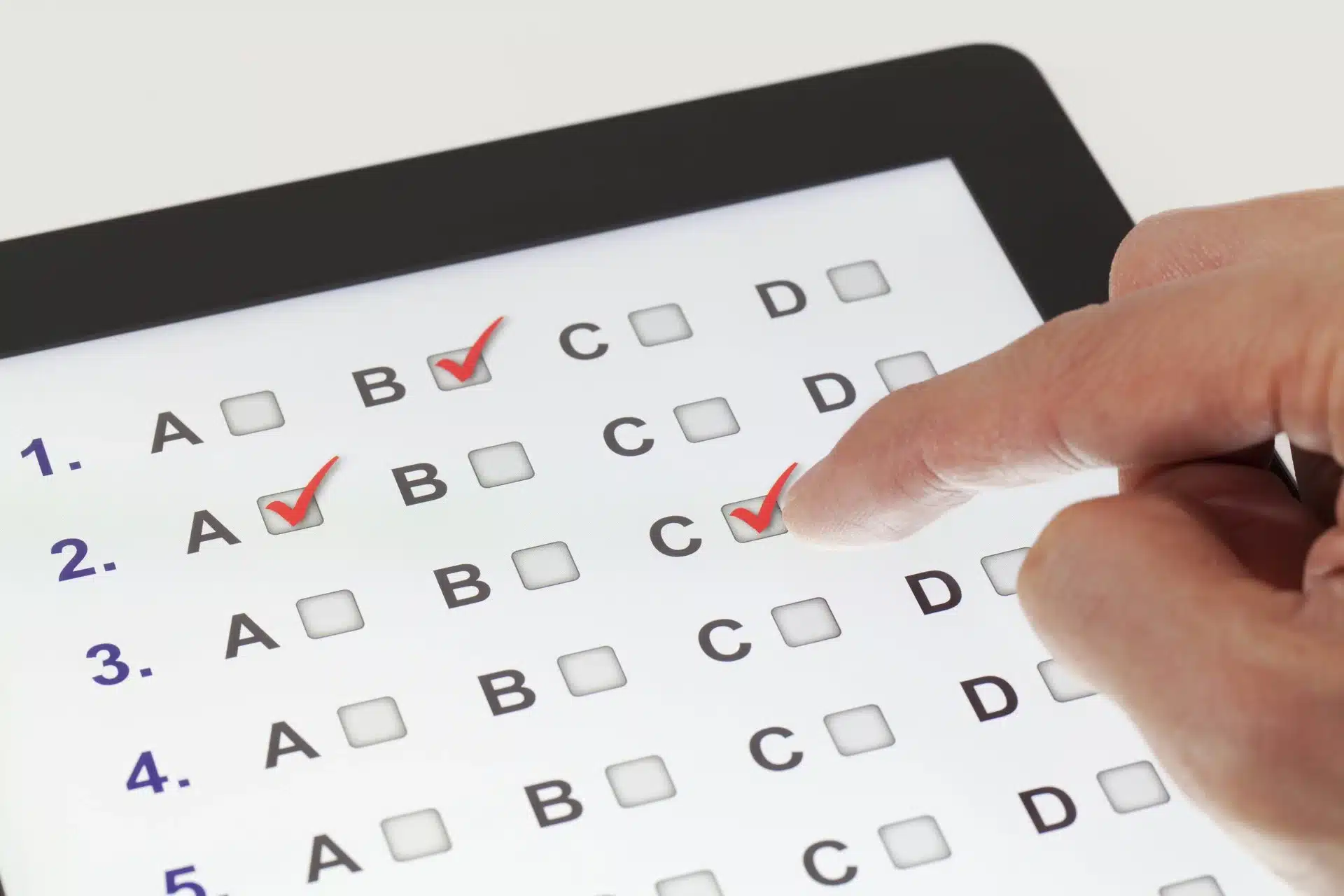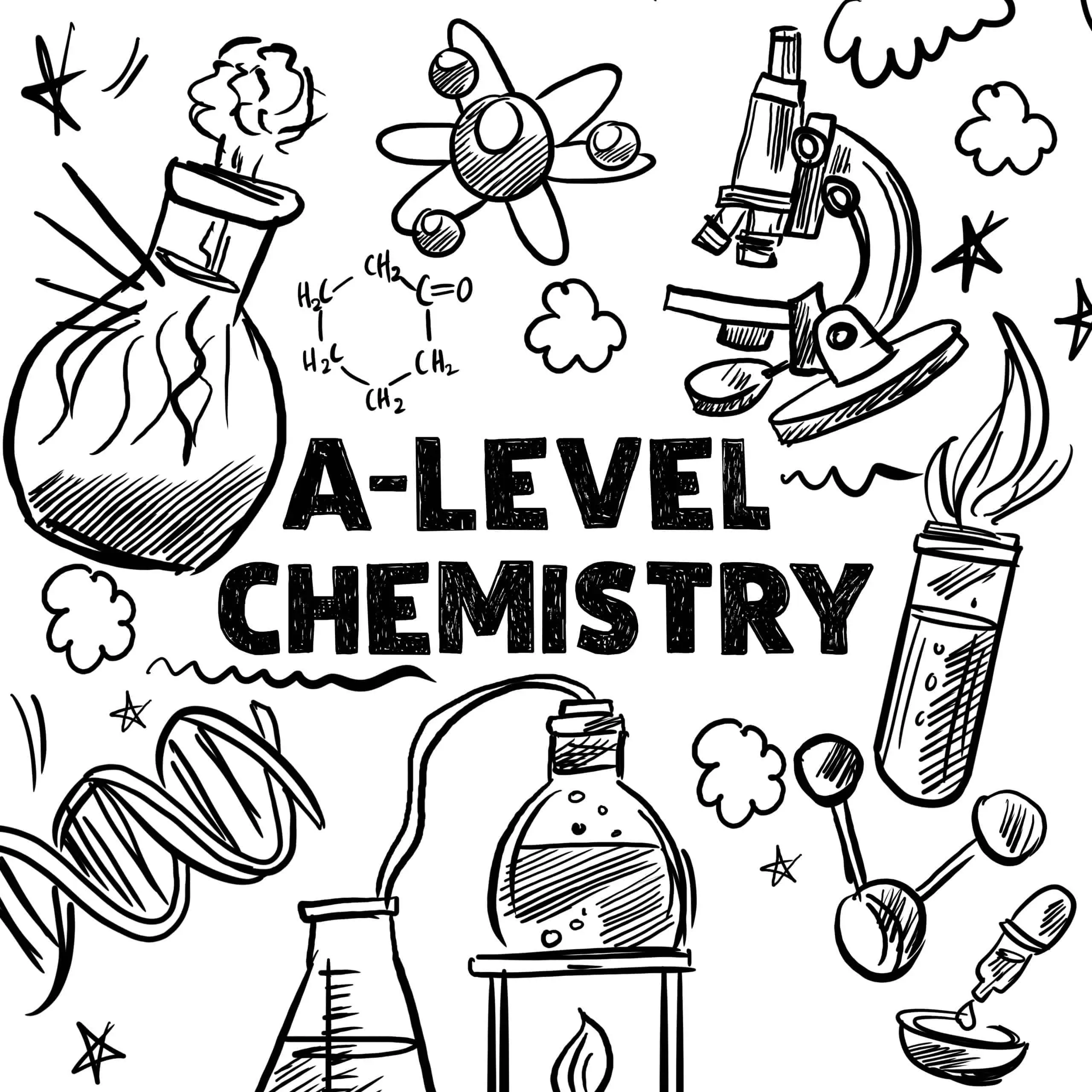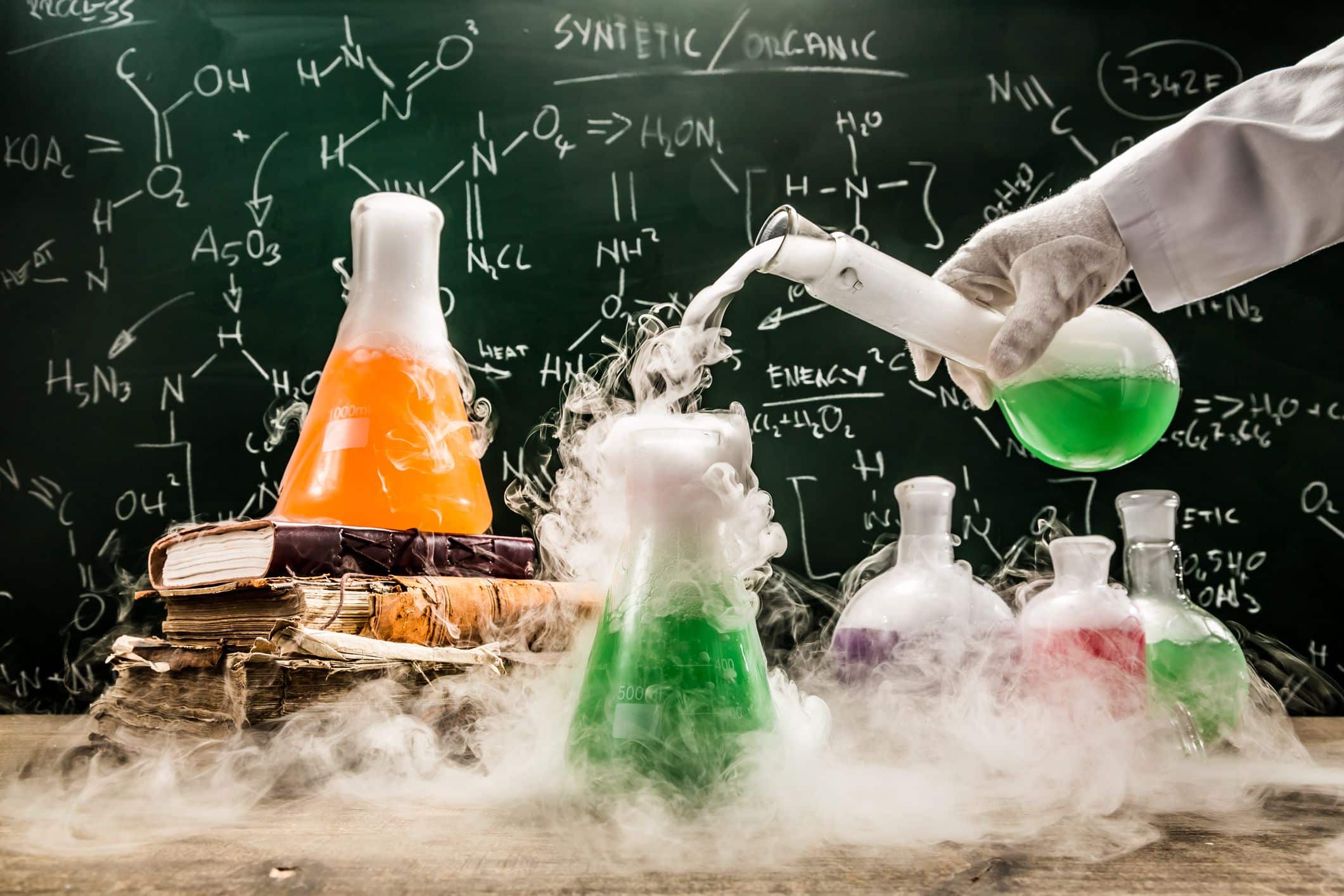The A Level Chemistry Landscape
Does watching chemistry-related videos help you comprehend the subject? For example. There are a variety of instruments that can be employed when students take online A-Level Chemistry programmes. Using analogies, for example, is one of the most effective ways to teach pupils about chemistry concepts.
In the beginning, any subject can be scary for students at the Junior College level. However, by learning each topic one at a time, students often transcend their previous notions. As a result, those students who study chemistry with an open mind tend to be more enthusiastic about the subject. Because of this, they are able to receive high marks.
|| What You Should Know
In contrast to the O level chemistry examination, the A-Level chemistry examination is based on an entirely new set of concepts. Chemistry A-Level students are required to study more topics and learn more content in greater depth than ever before.
If, on the other hand, you’re a chemistry student who’s having trouble preparing for your impending exams, don’t despair; there are a slew of strategies available to assist you succeed.
A Level Chemistry Exam Tips
These suggestions highlight some common student errors. They are organised under subheadings to help you revise a topic.
TIPS FOR PAPER 1
- Some questions demand you to select a mix of items to answer correctly – be sure you know what is required before you begin.
- For each question, cross off the obvious wrong answers with a pencil, then choose from the others.

TIPS FOR PAPERS 2, 3, 5 & 6

- Find conflicts in your response. For example, ‘a white insoluble precipitate dissolves’
- The final answer should be the same number of significant numbers as the data. If you type 1.257487 instead of 1.26, you may be penalized.
- Use the website’s Revision Checklist to revise your syllabus statements. Don’t add to the statements. For example, the syllabus statement on batteries says ‘they are portable’. ‘They are small’ may not be acceptable as ‘small’ can be hefty.
- The test tube gets hot when asked to ‘describe what you would see’. It is typical to phrase things like ‘a gas is released’ or ‘copper is deposited’ as observations rather than conclusions.
- In describing what you might observe, don’t mention sounds or temperature.
- Revise and take good care of your terms! Most students don’t know how to define compound is or how to define a mole. Define does not mean ‘explain.’
- When prompted for examples, give the examiner’s number. If asked to offer two examples, don’t give three – one wrong and you’ll lose a mark. The examiner will assume you are ‘playing it safe’ and you will lose the mark.
- If you have to tick boxes to answer a question, make sure you tick the correct number.
- In chemistry, you must fit your prints to a graph of reaction rate. Point-to-point ruler lines will not be marked.
- Look for ‘hidden words’ in queries like ‘which of the following is a diatomic gas?’ It’s common for pupils to forget ‘gas’. Read the question slowly and carefully.
- Avoid ambiguity. If the inquiry is regarding graphite, the answer ‘graphite is used for electrodes in electrolysis’ is appropriate.
If you think these recommendations will come in handy, then we are delighted to be of help, but if you think you still need aid with preparation for your examinations for your A levels then Tiger Campus can help.

Whatever the subject may be, Tiger Campus has qualified tutors that provide 1-1 tuition online via a virtual classroom for A level Tuition. All the lessons are recorded for student’s reference.
Sign up for a FREE Trial lesson with our A Level Chemistry teachers by visiting this link.








